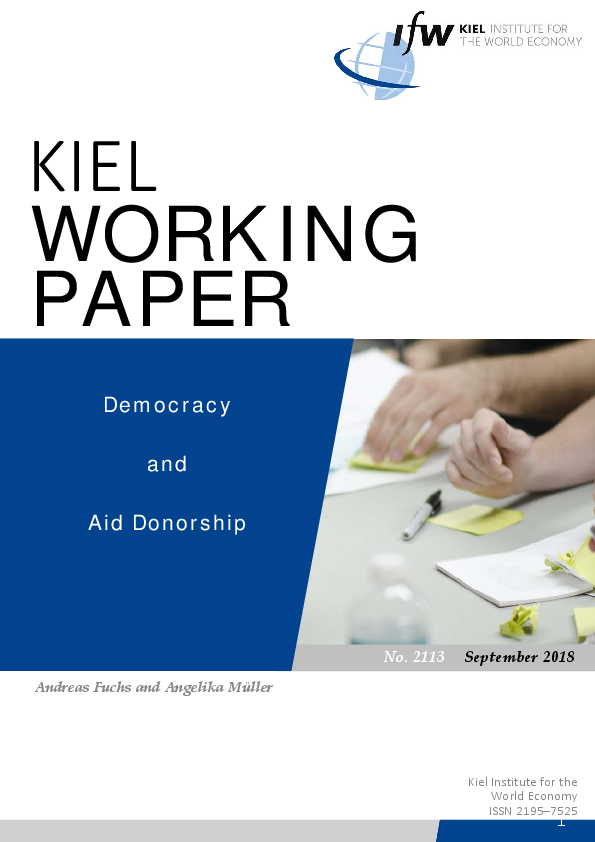Authors
Publication Date
JEL Classification
Key Words
Related Topics
Welfare State
Emerging Markets & Developing Countries
Almost half of the world’s states provide bilateral development assistance. While previous research takes the set of donor countries as exogenous, this article is the first to explore the determinants of aid donorship. We hypothesize that democratic institutions reduce poor countries’ likelihood to initiate aid giving. On the contrary, the leadership of poor authoritarian regimes face fewer constraints that would hinder these governments to reap the benefits of a development aid program despite popular opposition. To test our expectations, we build a new global dataset on aid donorship since 1945 and apply an instrumental-variables strategy that exploits exogenous variation in regional waves of democratization. Our results confirm that the likelihood of a democratic country to start aid giving is more responsive to income than it is the case for authoritarian countries. Overall, democracies are—if anything—less rather than more likely to engage in aid giving.




